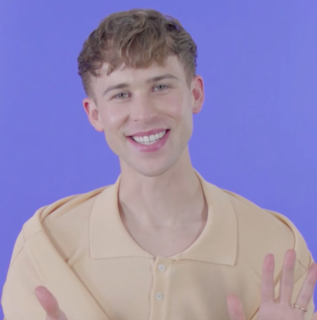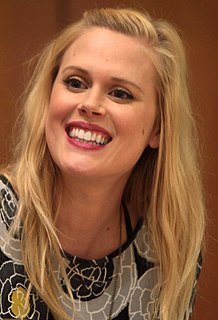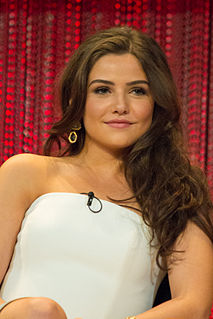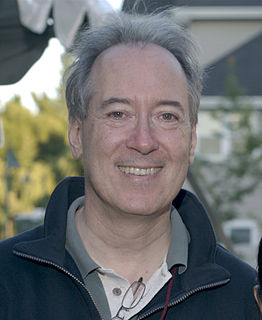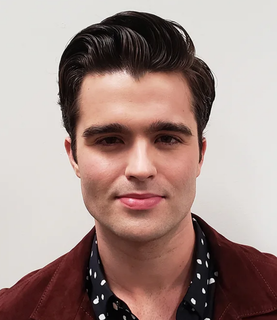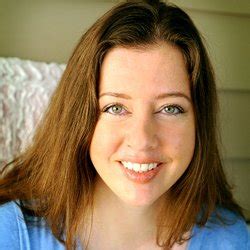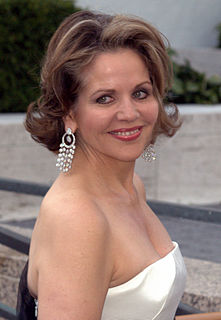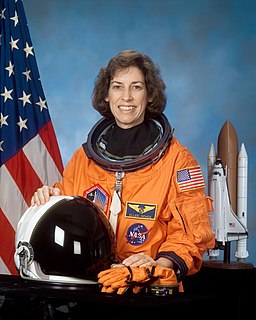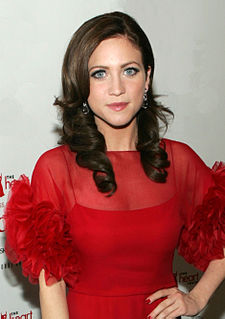A Quote by Tommy Dorfman
It's important for teenagers, young adults, parents, teachers, really everyone to see what the true High School experience is.
Related Quotes
Almost 40% of all young adults are living with their parents. This is a 75-year high in America. Forty percent of young adults are living with their parents. I see stuff like this, and I think it's a good thing I didn't become a parent, because if that were happening to me, you wouldn't want to be my kid.
"Little Brother" sounds an optimistic warning. It extrapolates from current events to remind us of the ever-growing threats to liberty. But it also notes that liberty ultimately resides in our individual attitudes and
actions. In our increasingly authoritarian world, I especially hope that teenagers and young adults will read it - and then persuade their peers, parents and teachers to follow suit.
I grew up in a town where there were no adults over forty who weren't somebody's parents. It was, unfortunately, the kind of town that's a "great places to raise kids" - that's basically code for "there are no adults here who are not parents." I had a few teachers who were kind of weirdo drama teachers and were hugely influential.
If you're afraid to talk to the other adults in your school it is definitely throughout history the hallmark of a failing school. When I was writing about the teachers' strike in New York City in 1968, the middle school where events triggered that strike was a place where teachers were known to hide in their classrooms.
